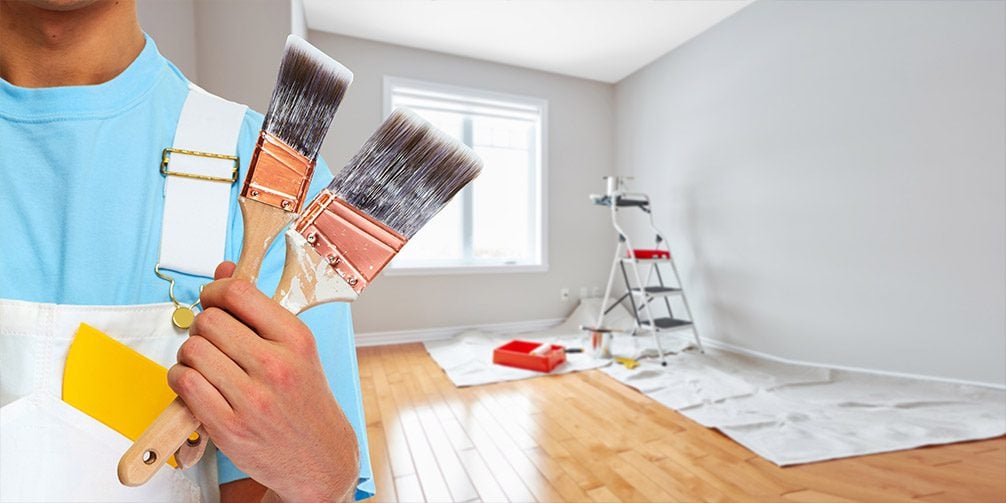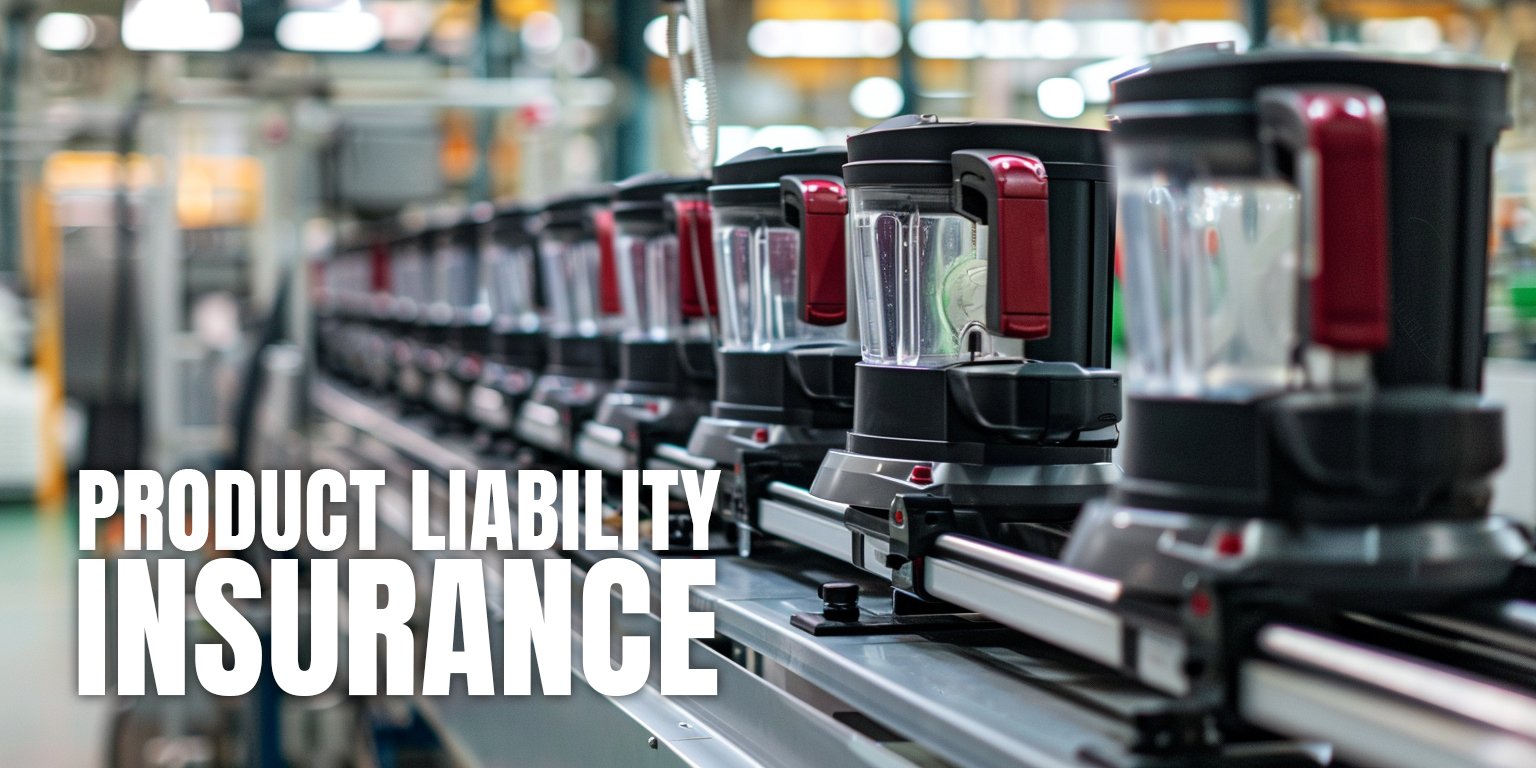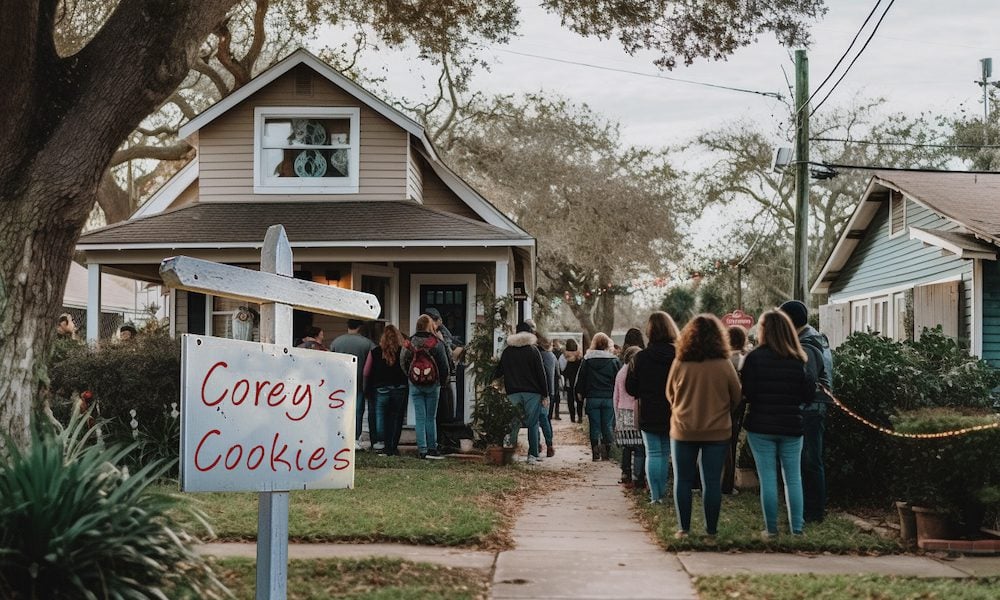When Should Small Contractors Switch from Personal to Commercial Auto Insurance?
August 22nd, 2025
5 min read
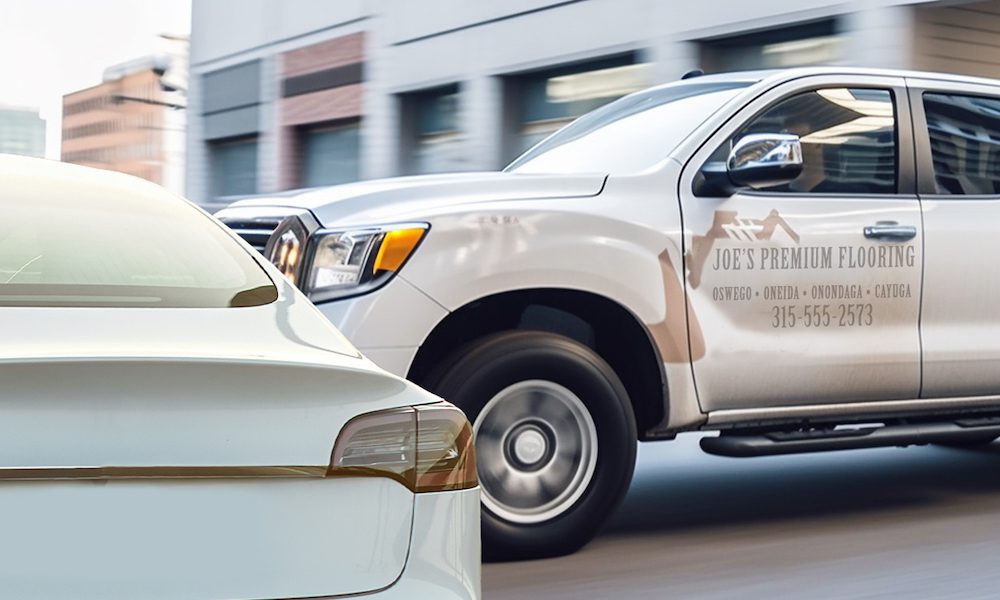
You're building a successful contracting business in Central New York, but you're worried about making the wrong insurance decisions. The biggest concern isn't just insuring your commercial activities—it's buying coverage that doesn't fit your specific situation and finding out too late.
At Horan Companies, we assist small contractors throughout Central New York by providing information about commercial auto insurance timing and coverage considerations. We work with several carriers to help contractors explore options that may fit their business operations.
In this article, we'll explore when contractors typically consider switching from personal to commercial auto coverage, what unique coverage features commercial policies offer, and how timing this transition can help you make informed decisions about your business insurance.
Switching from Personal to Commercial Auto Insurance
Personal auto insurance policies in New York State are filled with exclusions. Simply put, exclusions are policy provisions that remove coverage for certain things. And those things won’t be covered by your plan after a loss.
One of the biggest exclusions is the use of the vehicle.
Driving a vehicle for contracting work that is insured on your personal auto policy leaves you exposed to liability risks that may cost you dearly. Your insurer may decline certain accident claims that arise from operating that vehicle for commercial purposes.
Let’s say you’re using a van for work. You’ve got a roof ladder mounted to a heavy-duty rack, a decent collection of power tools in the back, and haul materials for a given job when needed.
You’re using your van in the scope of your business and making daily trips to Radisson to finish a project at a client’s house.
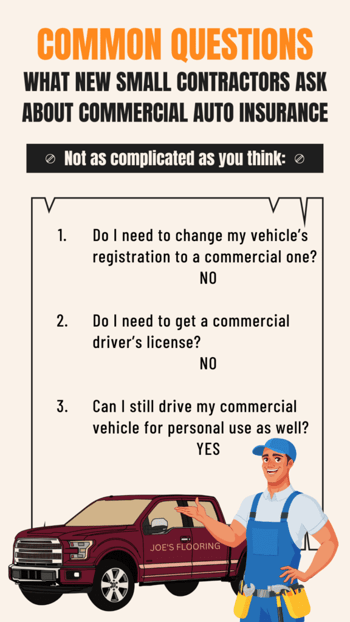 You’ve recently added lettering on the side of your van to advertise the business because things are picking up, and word of mouth is strong. These are all indicators of a commercial endeavor. You've stepped into a professional situation that may require appropriate insurance coverage.
You’ve recently added lettering on the side of your van to advertise the business because things are picking up, and word of mouth is strong. These are all indicators of a commercial endeavor. You've stepped into a professional situation that may require appropriate insurance coverage.
You may have already set up insurance for your business, like a general liability policy, but never thought much about the vehicle you use for work.
This may be the time to consider making the switch from a personal auto policy to a commercial auto policy.
Your general liability policy—if you've set one up—and your personal auto insurance policy typically will not cover damage to your vehicle during the course of work, nor will they cover your liability for any damage your vehicle causes while on the road.
But how would you know that since no one took the time to explain it clearly to you? It’s not your fault, so don’t feel too bad about missing the details. That’s why you’re here reading this article and arming yourself with the necessary info to make an informed decision about your auto policy.
You’re off to a good start.
Commercial Auto Insurance Coverage Options
Auto insurance on the commercial side has similar coverages to personal auto. The main difference is that the policy is rated appropriately for commercial use and factors in greater liability.
So, a commercial auto policy will rate higher than a pleasure-use or commute-use personal auto policy. Regarding a commercial policy, liability limits are available at higher thresholds than the personal auto portion.
Many commercial auto insurers establish $1 million as a baseline for your liability limit, with some going higher. Personal auto policies, meanwhile, often cap your liability limit at $500,000.
Several coverages come standard, such as bodily injury, property damage, collision, comprehensive, and more, which you can read about in detail in our commercial auto insurance guide.But aside from these standard coverages, you can add additional coverages to your commercial auto policy, depending on your business requirements.
Say your main truck is too small for a material and supply run. If a job in Mattydale requires you to rent a larger truck for the day from your local U-Haul, you can add Hired and Non-Owned Auto Coverage, for instance.
Renting or hiring that U-Haul truck for commercial use may require coverage beyond your standard commercial auto policy. Hired and Non-Owned Auto Coverage extends the liability coverage you may need while renting the U-Haul truck for the Mattydale job.
You cannot add Hired and Non-Owned Auto Coverage to personal auto policies.
Another potential coverage consideration of Hired and Non-Owned Auto Coverage exists if you need to send an employee—let’s say, Josh—to the hardware store to buy a few boxes of drywall screws. Since Josh drives his personal vehicle, this creates a non-owned exposure for you.
Josh is driving on behalf of you, the small contractor. What if Josh heads off and crashes into a car because he took a sharper-than-expected turn pulling into the accessway for the Home Depot parking lot?
Who covers the accident? His personal auto coverage doesn't extend liability coverage to you while driving on your behalf. Hired and Non-Owned Auto Coverage may help address this liability exposure.
Also, consider that commercial businesses using heavier vehicles can’t call a regular towing service to handle a vehicle breakdown. Conventional tow trucks are designed and built to haul SUVs, pickup trucks, and passenger cars.
Heavier commercial vehicles may require Commercial Roadside Service. This coverage offers what you’d expect: vehicle towing, lockout and key replacement service, flat tire assistance, mobile mechanic service, and more, but it is intended for commercial vehicles.
If you’ve modified your truck for your business—adding a ladder rack, a built-in tool chest, or a snow plow blade—you'll want to consider covering those through a commercial auto policy. A personal auto policy typically will not extend coverage to those additions.
What Will a Commercial Auto Insurance Policy Cost Me?
Asking this question forces us to ask others. What kind of business are you in? What kind of vehicle is assigned to the business and how many?
Figuring how much a commercial auto policy will cost you is contingent on the type of work you do and the vehicle(s) you use to complete that work. The distances you drive also matter. All this and more makes it difficult to pinpoint a range that works for most small contractors.
But, being that we’ve written hundreds of policies for small contractors throughout Central New York, we can say this: while a commercial auto policy is typically more expensive than your personal auto insurance, know that, at the very least, you’re spending insurance dollars on a product that may help you in your business when you need it.
A personal auto insurance policy cannot offer commercial coverage this way.
But say you’re paying $900 for a vehicle on your personal auto policy. Bumping up to a commercial policy might cost you $1,200 or $1,300. That additional three or four hundred dollars may provide access to a level of coverage that may cover you for auto claims related to your business.
That $1,200 or $1,300 commercial auto insurance premium is typically for $1 million of appropriate liability coverage that may provide safeguards for various possible mishaps on the road.
Quoted rates from your insurer may be slightly lower or higher.
Why Consider Switching from Personal to Commercial Auto Insurance?
Appropriate commercial auto insurance, which may respond swiftly, may help maintain your business reputation if an accident happens.
Following an accident, if you have a commercial auto policy, you may exude greater seriousness and professionalism in the eyes of your customers. And if you're adequately covered, you'll likely be back to work the next day.
With appropriate commercial auto coverage, you may avoid hassles, surprises, and perhaps a policy issue with your personal insurer due to an exclusion.
Don't wait to make the switch. Accidents are sudden and random. Word spreads quickly when something goes wrong.
Out-of-pocket expenses and frustrating calls with your current insurance provider can be avoided.
How Do I Make the Switch?
You didn't wake up an insurance professional this morning, and that's okay! That's why we're here. You are now a more informed member of the business community who is ready to take the next step to consider coverage for that business. We'll take it from here.
We've witnessed too many contractors not get their accident claims paid because they were improperly insured.
Once you reach out to us, we'll consider the type of contracting work you do so that you have a policy quote that addresses your specific trade.
We'll seamlessly help you explore moving your vehicle from the personal insurance policy to the new commercial one, as we have with our existing trade clients throughout the years.
If you want to learn about another policy that may benefit you, read Proper Tool Insurance for Small Contractors.
But if you’re ready to talk about your current auto policy, call 315-635-2095, and a licensed Horan insurance agent will gladly assist you. You can also click the Get a Quote button below. We’re looking forward to hearing from you.
Daniel is an accomplished content creator. He has been working in publishing for almost two decades. Horan Companies hired Daniel as its content manager in November 2022. The agency entrusted its messaging to him. Since then, Daniel has written insurance articles, service pages, PDF guides, and more. All in an effort to educate CNY readers. He's helping them understand the world of insurance so they can make informed decisions.
Topics:








